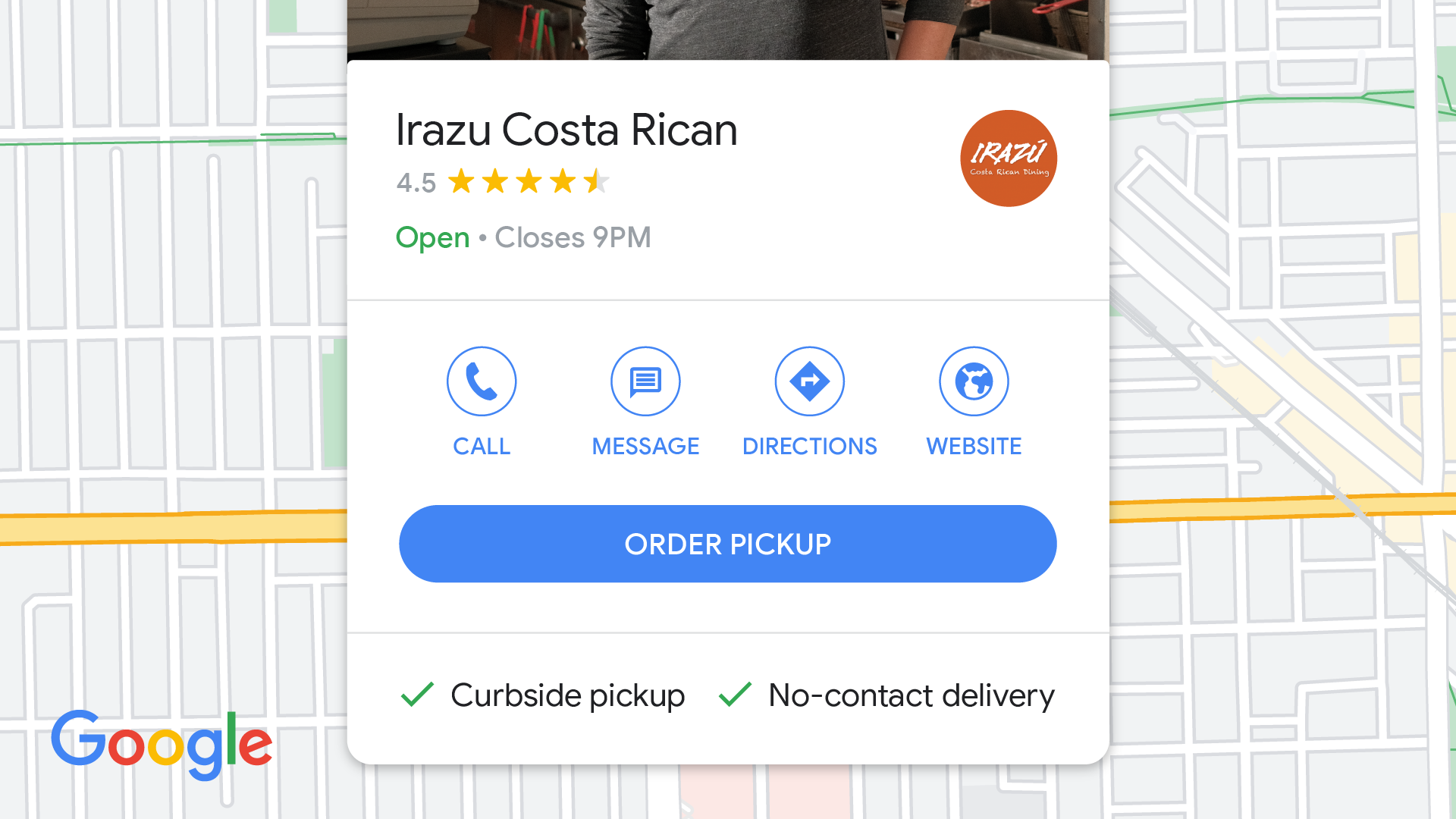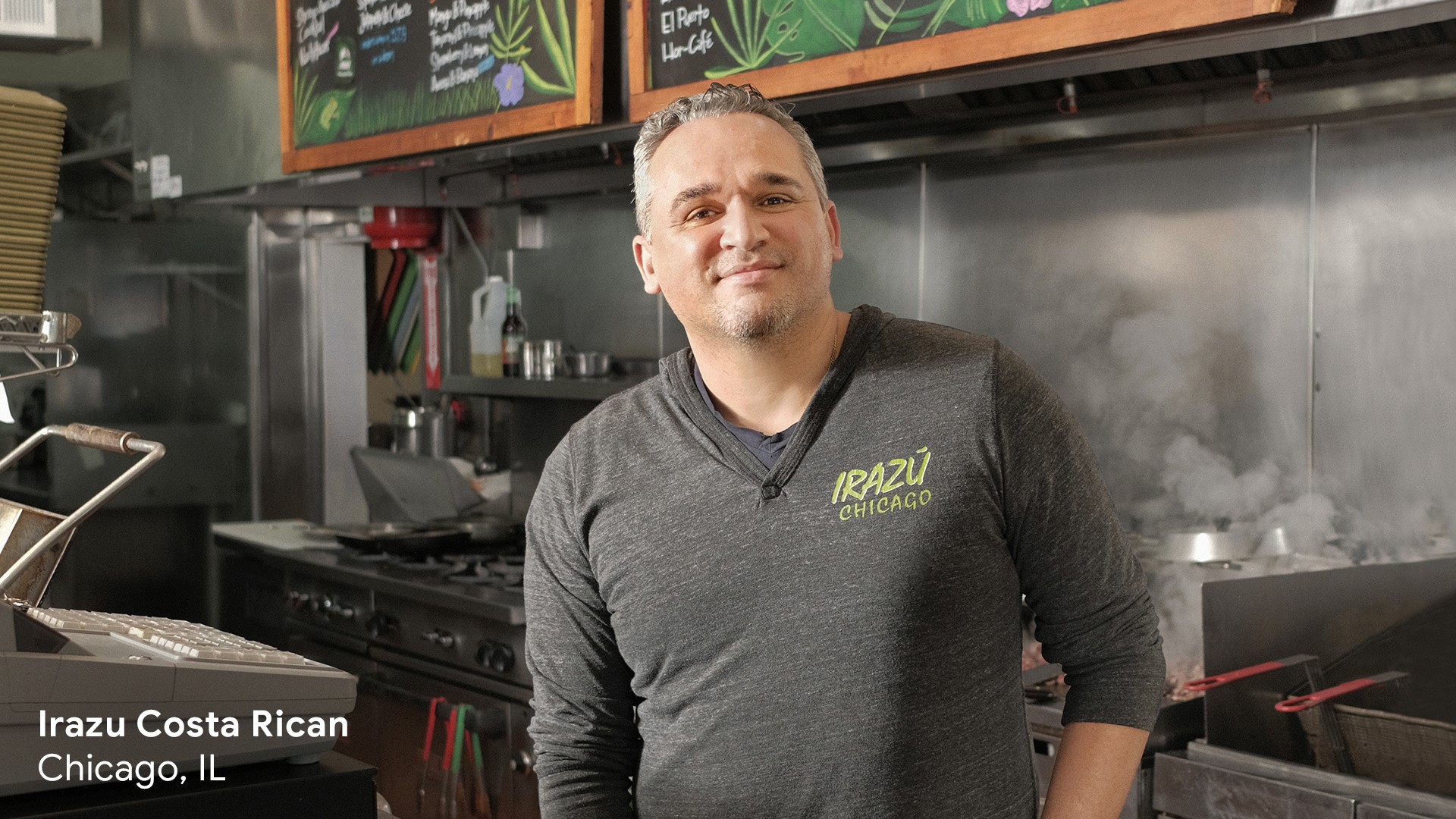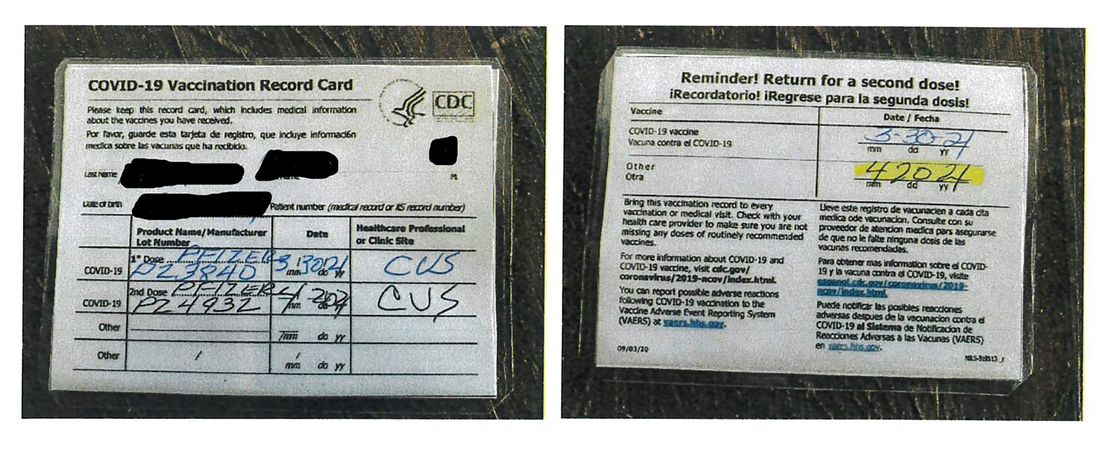| |
| |
| |
| Presented By Google |
| |
| Axios AM |
| By Mike Allen ·May 10, 2021 |
| ☕ Good Monday morning. Smart Brevity™ count: 1,167 words ... 4½ minutes. Edited by Zachary Basu. ♻️ We're launching a Get Smart video short course series on climate tech today — check it out here. |
| |
| |
| 1 big thing: COVID scatters tech hubs |
 Data: LinkedIn. Chart: Michelle McGhee/Axios Young engineers and new college grads see Miami, Houston and Philly — not San Francisco, New York or Seattle — as the hot new places to launch a tech or creative-economy career, Axios national technology correspondent Kim Hart writes in the debut of her "Tech Agenda" column. - Why it matters: Sun Belt cities in Florida and Texas are attracting tech CEOs as places the new talent wants to go — with lower taxes, to boot.
In Lehi, Utah — a haven for tech startups between Salt Lake City and Provo — it's been easier than usual to lure early-career workers from places like California and New York, said Joseph Woodbury, CEO of Neighbor.com, a peer-to-peer self-storage company. - Of the employees the startup recruited during the past year, 30% came from another state, and many of them were on the younger side.
Memo to Marc Andreessen: While workers now have new options, the San Francisco Bay Area will always be a draw for people wanting to work in the epicenter of the tech industry. |
    |
| |
| |
| 2. Ron Klain: "I don't think it's big government" |
 |
|
| Photo: "Axios on HBO" |
| |
| In an interview for "Axios on HBO," I challenged White House chief of staff Ron Klain on the contradiction between trying to go big on both big government and bipartisanship. - "I don't think it's big government to fix the ten bridges in this country that are most economically significant and are in serious" disrepair, he replied.
- "Most of these Republicans have stood in front of a Rotary Club or a Kiwanis Club and given a speech about how we need to fix our bridges, roads, our highways, our infrastructure. People stand up and give speeches all the time about how people should have affordable childcare. It's basic, basic things that we're putting forward."
In an interview with Jonathan Swan on last night's "Axios on HBO," Sen. Bernie Sanders indicated that he's impatient with President Biden's quest for Republican support for his infrastructure package. - Asked to respond, Klain told me: "What President Biden has said is he wants to try to find common ground with Republicans on these economic measures that have been bipartisan in the past."
Klain brushed off a question about whether he's ready to run against Donald Trump again in 2024. - "My experience ... is that incumbent presidents are judged on their record. President Trump had a bad record in 2020. Joe Biden is hopefully assembling a powerful record to run on if he runs."
Watch a clip. |
    |
| |
| |
| 3. Ransomware hackers get more brazen |
 |
|
| Colonial Pipeline oil storage tanks in Linden, N.J. Photo: Mark Lennihan/AP |
| |
| Hackers are using increasingly brazen methods to pressure law enforcement to pay ransoms, including leaking — or threatening to leak — sensitive or life-threatening information, AP reports. - Why it matters: Hardly a day going by without news of a hospital, business or government agency being victimized by ransomware.
With the massive Colonial Pipeline shut down for a third day following a ransomware attack, fuel suppliers are growing increasingly nervous about gas and diesel shortages in the eastern U.S. —Bloomberg |
    |
| |
| |
| A message from Google |
| Digital safety net helps small businesses adapt, recover, and grow |
| |
 |
| |
| The Connected Commerce Council (3C) and Google reports that COVID disrupted nearly 9 in 10 businesses. However, digitally advanced small businesses were 3.2 times more successful at retaining customers, and experienced half the revenue losses of their less advanced counterparts. Learn more. |
| |
| |
| 4. Rare sneakers take off |
 |
|
| Sarah Grillo/Axios |
| |
| Sneaker trading has long been lucrative. The pandemic brought more people — with more time — into the game, Axios' Kate Marino reports. - Why it matters: Like the Robinhood effect on stocks, sneaker apps gamified and streamlined buying.
Professional sellers make a living trading sneakers: - They use global arbitrage: A seller gets supply from an area of the world with low demand, then sells it in a high-demand area.
- And channel arbitrage: When there's a huge supply of a shoe at a physical store, an investor can buy them up and make money selling online at below retail, as long as it's above their cost.
The sneaker market runs on hype — and FOMO when it comes to coveted limited editions, like retro Jordans or Yeezys, says Mike Sykes, a former Axios reporter who writes The Kicks You Wear on Substack. - Nike limited editions sell via lottery for $100-$150 in the retail drop, then rake in 2x-3x in the secondary. It's a nice profit, but like concert tickets, you need scale to make real money. Enter the bots, which let a high-schooler in his bedroom order stacks of scarce product.
Share this story. |
    |
| |
| |
| 5. Robinhood: Democratizing gambling? |
 |
|
| Illustration: Shira Inbar for The New Yorker. Used by kind permission |
| |
| Despite catastrophic damage to Robinhood's image, millions of users opened accounts last quarter, The New Yorker's Sheelah Kolhatkar writes (median age of all users: 31; half are first-time investors): Natasha Dow Schüll, the author of "Addiction by Design: Machine Gam- bling in Las Vegas" and a professor in the media, culture, and communication department at N.Y.U., told me that little about Robinhood, or about many other popular mobile-phone applications, is novel. Clever engineers simply repurposed many of the design features of slot machines, which were developed over decades. Green, the color of luck and of money, is found throughout Las Vegas, and Schüll said that the physical design of casinos is also mirrored in Robinhood's pursuit of a "frictionless" user experience. A Robinhood spokesperson told The New Yorker that attracting users who had previously been excluded from the financial system is a "profoundly positive change," and that "suggesting otherwise represents an élitist, old way of thinking." |
    |
| |
| |
| 6. Epstein ignited Gates divorce talks |
 |
|
| Bill Gates' estate on Lake Washington in Seattle, in 2001. Photo: Dan Callister/Newsmakers via Getty Images |
| |
| Melinda Gates had discussed divorce "with lawyers at several firms since at least 2019," and one source of concern was her husband's dealings with Jeffrey Epstein, The Wall Street Journal reports (subscription). - Her concern about the relationship dated as far back as 2013, a former employee of the Bill & Melinda Gates Foundation told The Journal.
- Bill Gates told Axios in 2019: "I wish I hadn't met with him."
P.S. Melinda Gates changed her Twitter bio to "Melinda French Gates," and reporters have been told that she now prefers the inclusion of her maiden name. The N.Y. Times has begun calling her "Ms. French Gates." |
    |
| |
| |
| 7. 🗞️ N.Y. Times' post-Trump subscribers |
 Data: N.Y. Times earning reports. Chart: Danielle Alberti/Axios New York Times subscriber growth was weighted more heavily toward non-news products than in any previous quarter in the company's history, Axios Media Trends expert Sara Fischer reports. - A record 44% of The Times' new digital subscribers came from non-core news products, like cooking, games and audio, last quarter.
- Typically, the percentage of new subscribers from non-news products hovers around 25-35%.
Between the lines: New York Times executives for years have emphasized that The Times isn't just a newspaper, but a lifestyle services company. |
    |
| |
| |
| 8. Yang's "Bloombergian" campaign |
| Photo: Mark Peterson for New York Andrew Yang, the cemented frontrunner in the race for NYC mayor, has a vision that "is fundamentally Bloombergian — not only appealing to the same privileged, progressive-to-a-point audience but shaped by some of its very same architects," Clare Malone writes for New York magazine. - "Yang's biography reflects Bloomberg's New York: constant onward-and-upward striverdom."
Yang told the magazine: "I think people underestimate what a disciplined operator I am. ... Anyone who's an operator sees me and this campaign and says, 'Oh, I get it, Andrew Yang's an operator.'" |
    |
| |
| |
| 9. Sign of our time: Fake vax cards |
| Fraudulent COVID-vaccination card. Photo: California ABC via AP The owner of a small-town bar in North California was arrested after plainclothes agents said they were sold made-to-order fake COVID vaccination cards for $20 each, AP reports. - The agents said that at the Old Corner Saloon in Clements, in San Joaquin County, they were told to write their names and birthdates on Post-it notes.
- Employees filled in bogus vaccination dates (using two different pen colors), cut the cards and laminated them.
|
    |
| |
| |
| 10. 1 smile to go |
 |
|
| Potential designs. Photos: U.S. Mint |
| |
| Poet Maya Angelou and astronaut Sally Ride, the first American woman to fly in space, are the first women who'll appear on a series of quarters to be issued by the U.S. Mint beginning in January, the N.Y. Times reports (subscription). - They'll appear on the "tails" side of the coins, as part of a four-year American Women Quarters Program. George Washington will remain on the front, the Mint says.
|
    |
| |
| |
| A message from Google |
| Helping small businesses acquire new digital skills |
| |
 |
| |
| 11 million small businesses would have partially or completely closed without digital tools due to COVID-19, according to a report by the Connected Commerce Council (3C) and Google. To help small businesses adapt and recover, Grow with Google offers free digital training and tools. Learn more. |
| |
| 📬 Please invite your friends, family, colleagues to sign up here for Axios AM and Axios PM. |













No comments:
Post a Comment